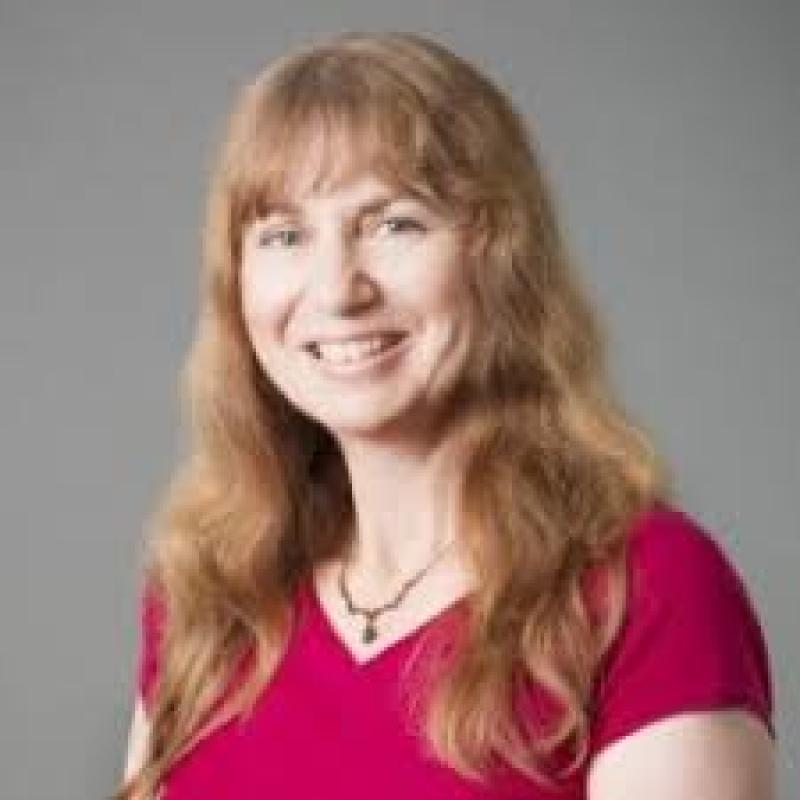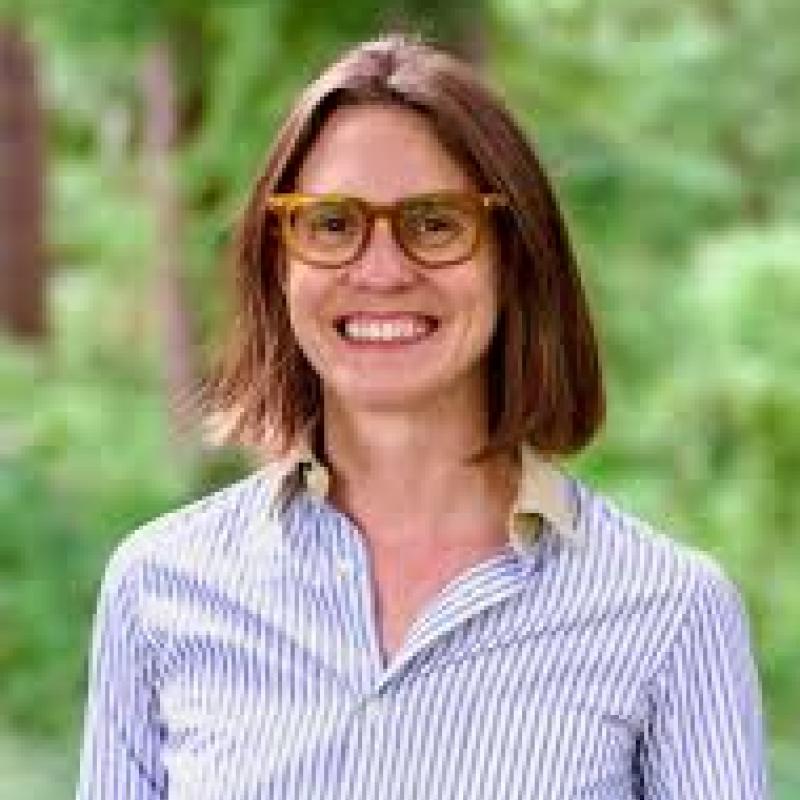“... poetry is not a luxury. It is a vital necessity of our existence. It forms the quality of the light within which we predicate our hopes and dreams toward survival and change, first made into language, then into idea, then into more tangible action. ~ Audre Lorde
I want to create machines that behave in empathetic, engaged and helpful ways. ~ Maja Mataric
Professor Maja Mataric has created revolutionizing space with robots. Professor Bea Sanford Russell has created revolutionizing space with words. Professor Mataric says, “We are at the brink of a real revolution of what machines could be doing for humanity.” Professor Russell sees poetry as a platform for social and political activism, a technology of words that brings positive, revolutionizing change to our world.
For our third Polymathic Pizza Salon session we will watch, listen, and engage two scholars from disparate disciplines fold human-ness into and through their work. Mataric’s father, also an engineer, said: “It is very important to have heart in science.” Mataric credits her mother, who holds a Ph.D. in English Literature, as her greatest inspiration. This alchemy of science and the humanities can be seen in Mataric’s work, where the infusion of the heart with technology produces revolutionizing results for the betterment of the human condition. Today’s technology has frightening implications when absent of what Lorde calls the “quality of the light within.” But it also has unimaginable possibilities, and Russell and Mataric together, in the same space, model this for us. So please join us and add to the alchemic, polymathic discussion on the “vital necessity” of bringing human-ness into technology.

